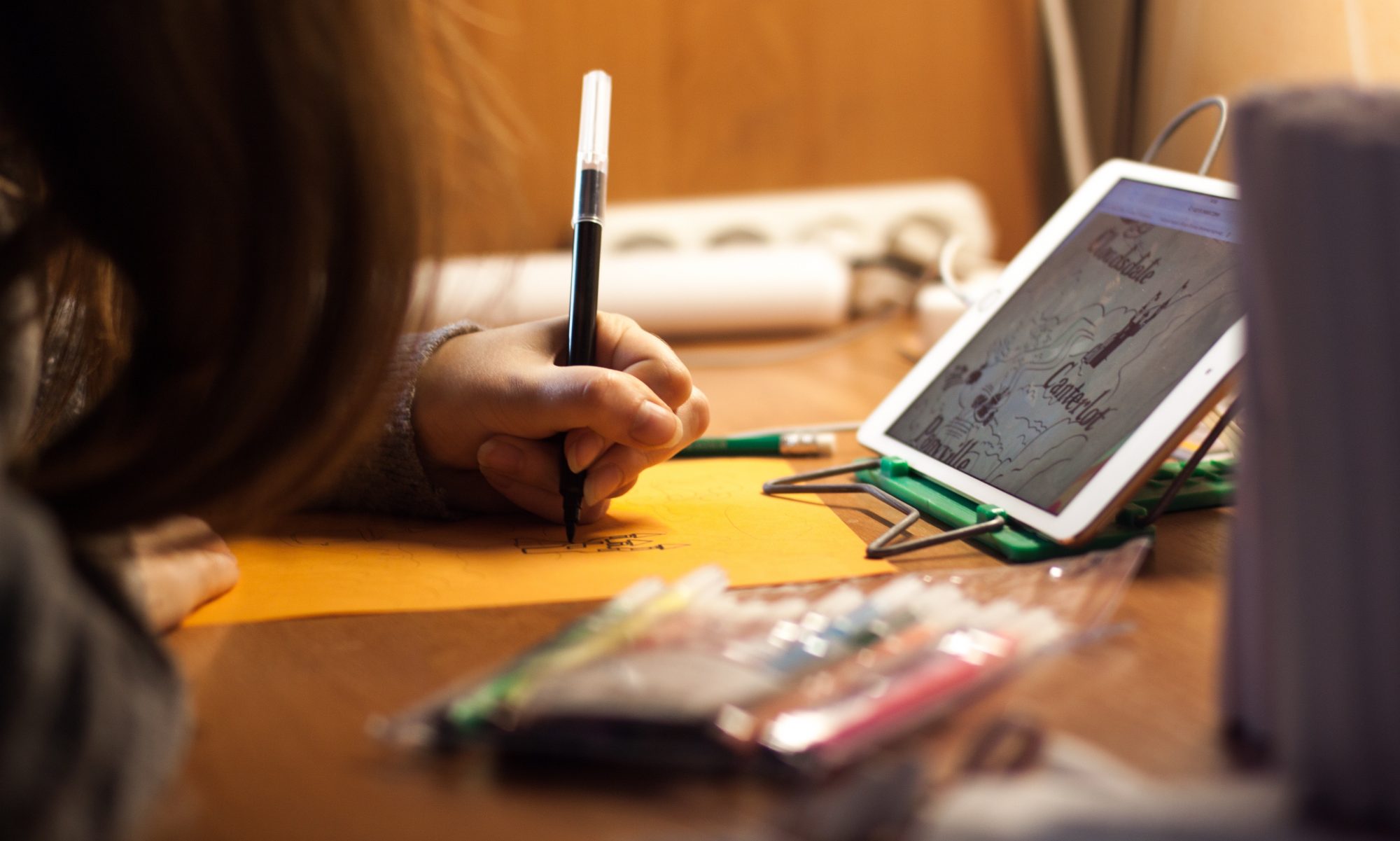When I conducted my graduate studies at the Erikson Institute, culture was an intentional topic that can up in every course. One common phrase often uttered by some students during these discussions was “I don’t have a culture”. Even in my current work as an early childhood professional, I still hear these six word spoken by parents, formal and informal teachers, experts, and others in the field.
It important that we all know that we each have a culture, though it may not be as obvious to all of us. Understanding our culture is essential to knowing who we are as professionals, parents, and caring adults and knowing what we bring to our interactions with young children. One expert who can help us understand the role of culture and its impact on our growth and development in Dr. Barbara Rogoff. In her book The Cultural Nature of Human Development, Rogoff begins her work by sharing “orienting concepts for cultural processes”. Two of the concepts concepts I would like to highlight are:
“Culture isn’t just what other people do. It is common for people to think of themselves as having no culture (“Who, me? I don’t have an accent”) or to take for granted the circumstances of their historical period, unless they have contact with several cultural communities. Broad cultural experience gives us the opportunity to see the extent of cultural processes in everyday human activities and development, which relate to the technologies we use and our institutional and community values and traditions…” (2005, p.11)
“Understanding one’s own cultural heritage, as well as other cultural communities, requires taking the perspective of people of contrasting backgrounds. The most difficult cultural processes to examine are the ones that are based on confident and unquestioned assumptions stemming from one’s own community practices. Cultural processes surround all of us and often involve subtle, tacit, taken-for-granted events and ways of doing things that require open eyes, ears, and minds to notice and understand…” (2005, p. 11)
Rogoff’s concepts iterate how even the fine details of our dialogue and behaviors are influenced by our culture. We use culture as a way of orienting our values, beliefs, and goals. It is up to us to be reflective and acknowledge culture’s role in forming who we are so we can better understand how culture impacts other people of different heritages, backgrounds, and communities.
Being aware of our culture can hep us be sensitive about the type of media and technology we are choosing and using in our early childhood settings and home. This awareness helps us examine if and how we are using digital tools to support our personal cultural values and recognize if we are passing on our beliefs and values to young children intentionally or unconsciously. Using open ended technology tools, like story creation tools, voice recordings, or videos, with children can invite them to bring their different cultural communities into our classroom and home. These types of tools provide an opportunity to learn about others in authentic ways and help children develop meaningful dialogue around culture.
I’m sure we all have our own stories of how we are building our cultural awareness as professional or parents. I would like to hear how your awareness of your culture impacts your selection and use of technology and media in the home or classroom. You can share your story through posting a comment or sending me an email for me to post on the site. Sometimes sharing our own experiences can be a reflection for others and help them deepen their understanding of culture. Hopefully, we can use this post as a conversation starter to discover how we can consciously use media and technology to support cultural communities with our children and students.

One Reply to “”